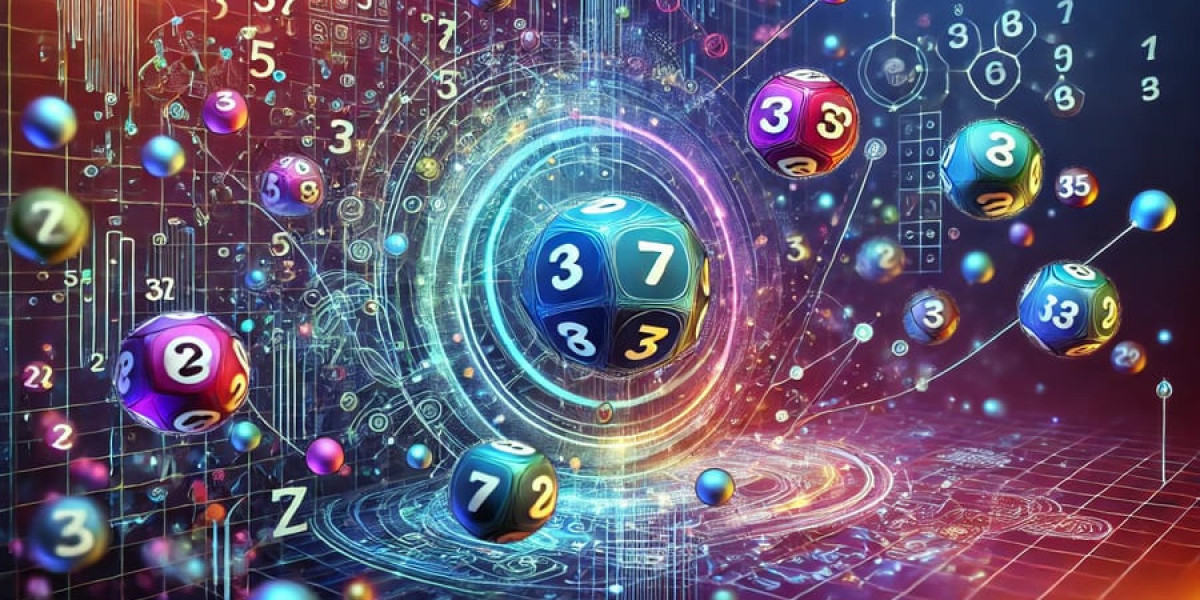The lottery course of typically begins if you purchase a ticket and select your numbers. If these numbers match the drawn numbers, congratulations are in order—you are officially a winner! However, the journey doesn’t finish there. Each state or nation has its personal regulations governing tips on how to claim lotto prizes. For instance, in the United States, the foundations can significantly differ from one state to another. Familiarizing yourself together with your native laws is the primary step in understanding tips on how to claim your lotto prize.
Utilizing frequency analysis entails monitoring the draw historical past of numbers over time. Some players argue that recent sizzling numbers continue to appear, making a psychological tendency to believe they may show up again. Conversely, the theory of cold numbers means that over time, these that have been hardly ever drawn are due for choice. Incorporating this analysis into your strategy can aid in creating a pattern-based reasoning for your number choices, thus adding a layer of intrigue to your lotto experience.
What if there was a approach to unlock the secrets of the lottery? Pattern recognition in lotto could possibly be the vital thing to understanding the seemingly random outcomes of lotto draws. Many avid players rely on their instinct or private numbers, however a growing number of fanatics and mathematicians are delving deep into data, seeking patterns that might give them an edge. Is it possible to predict the unpredictable? This article explores how the idea of sample recognition can be utilized to Lotto Statistics, examining statistical strategies, historic information tendencies, and the implications of those findings on lottery gameplay. By merging technology with playing, we'd discover a new perspective on this age-old sport of likelihood.
Beyond statistical analysis, psychological components play a significant function in how folks understand lotteries and their chances of winning. Cognitive biases, such as the gambler's fallacy, can lead gamers to draw incorrect conclusions from their observations. For instance, a player could consider that as a result of a quantity hasn’t been drawn in a while, it’s ‘due’ to come up. This false impression can cloud judgment, leading to doubtlessly risky betting behaviors. Recognizing these psychological traps is essential for anybody looking to make use of sample recognition effectively in lotto video games.
Delving into the psychology of why gamers are drawn to pattern recognition in lotto reveals attention-grabbing insights. Cognitive biases typically lead individuals to see patterns in random information, a phenomenon known as Pareidolia—where one perceives acquainted shapes in randomness. This cognitive inclination suggests that gamers may unconsciously believe there's a technique to the randomness of lottery numbers. Furthermore, the sensation of management can improve a player's general experience. By hunting for patterns, players really feel empowered in their choices, regardless of the inherent odds of the lottery. This psychological facet can invigorate engagement with the game, providing each enjoyment and a sense of company over their luck. Understanding this psychological angle can aid in crafting lottery methods that not only enhance possibilities but in addition enrich the general expertise.
Pattern recognition in lotto presents an exciting intersection of arithmetic, knowledge analysis, and gaming tradition. By delving into historical data, applying statistical methods, and leveraging modern technological tools, gamers acquire insights that would enhance their lottery gameplay. However, it is imperative to remain aware of the inherent randomness of Lotto Winning Probability attracts and the psychological biases that accompany them. Ultimately, while pattern recognition can present a framework for informed decisions, the excitement of the Lotto Winning Numbers lies in its unpredictable nature—a game the place anyone, at any second, might find themselves holding a successful ticket. The attract of hoping for that stroke of luck continues to bind players to this enduring recreation.
The lottery is traditionally seen as a game of probability, the place numbers are drawn randomly, and the finish result is completely unpredictable. However, with millions of tickets sold and draws held incessantly across numerous states and international locations, a treasure trove of information exists. Some players speculate that with enough historic knowledge, one could establish patterns which may counsel which numbers are "scorching" or "chilly." What does this mean? Hot numbers are those who appear extra regularly than common throughout a particular interval, while cold numbers are those that are drawn much less usually. Despite the randomness related to every individual draw, past knowledge can reveal trends that might inform future gameplay methods. Understanding the nature of odds and how numbers can cluster could be helpful for the intense participant.
Corina Barnett
1 Blog mga post



